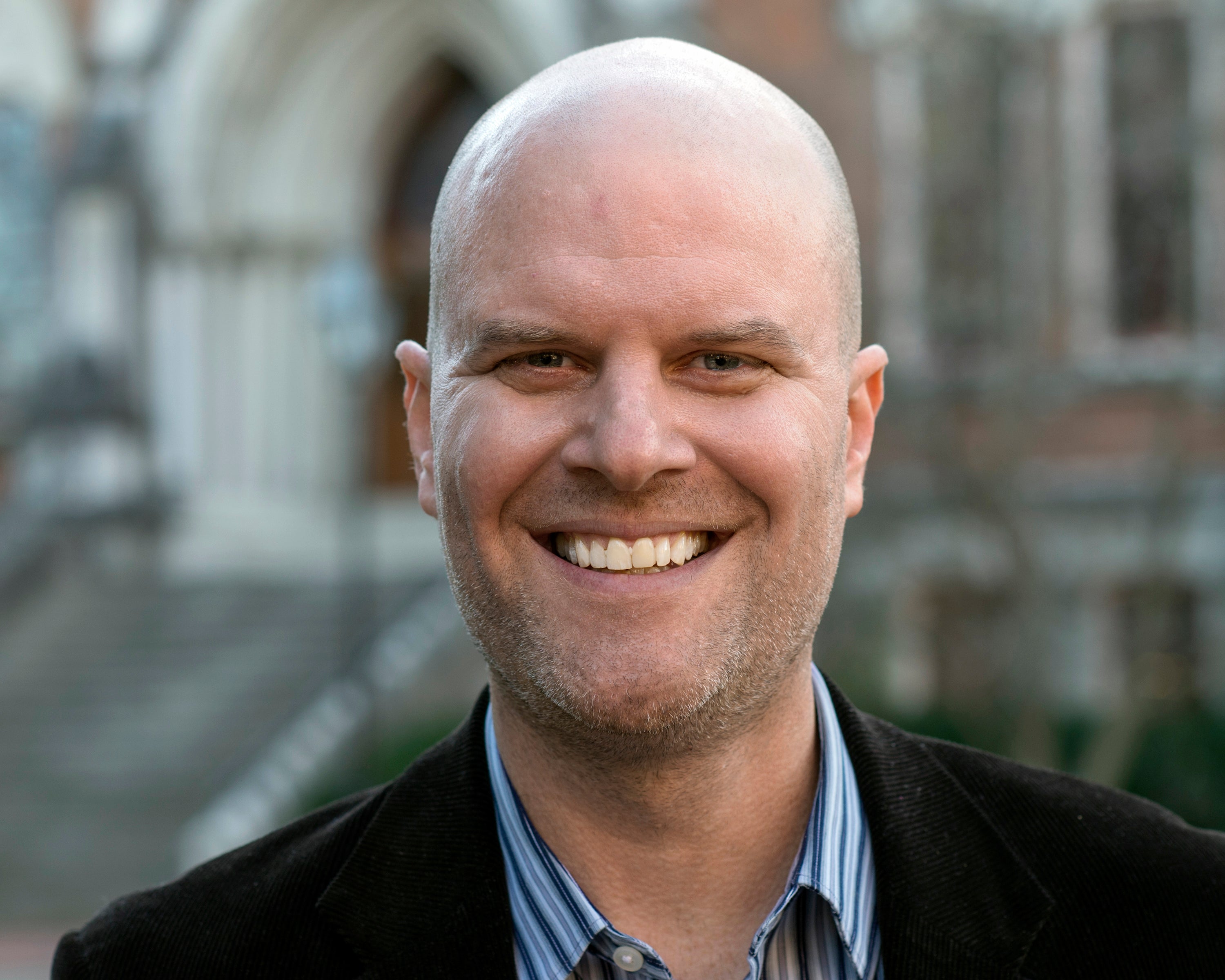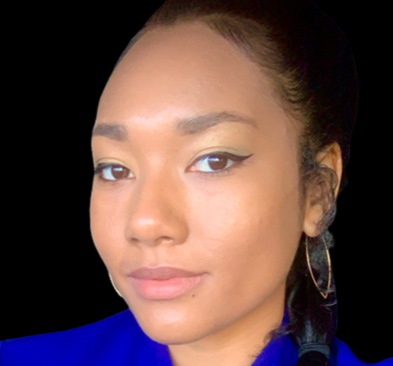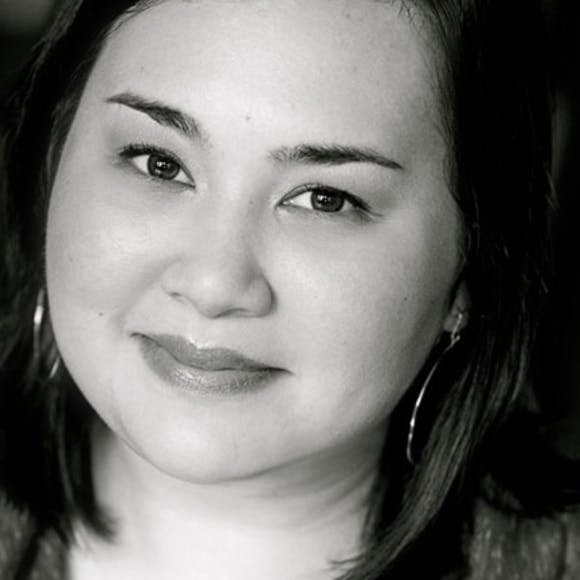Book: Bare Roots

Photos from mollyhillery.com
Author: Molly Hillery
Author Bio:
"Molly Hillery is an author, editor, and mental health advocate based in the Midwest. She started publicly blogging in 2015 and has had work featured in Huffington Post, USA Today, Upworthy, The Mighty, and various other recovery websites. She is also the editor and manager of the blog for a nonprofit organization called Where I Stand, Inc., which aims to educate, destigmatize, and provide hope for individuals that live with mental illness.
"bare roots" is Molly’s first published poetry collection. She writes with honesty and vulnerability in hopes that readers will be able to connect to the parts of themselves that need tending to. She plans on publishing more poetry collections in the future.
One of Molly’s favorite aspects of sharing her journey through writing is the ability to connect with others and hear their stories." (Bio Source: Amazon/Mollyshillery)
1. Through your journey, what were some key personal growth lessons you learned?
I learned how tenacious I truly am when I want to achieve a goal. I started writing this book in January 2017- It was written, edited, and published by mid-April.
I was also reminded of how perfectionistic and judgemental I can be about myself and the process. There were a lot of worried nights near the end when I didn't want to call it quits! I could have edited the book for years. But I just took that leap of faith and published. It was a great feeling of relief.
2. What is your best advice for getting through writer's block?
To just keep writing, no matter what. Even if it's a stream of consciousness. "I don't know what to write, I don't really want to be writing right now, I'm looking out the window...." etc. It seems boring and mundane but usually helps me get the ideas flowing naturally again.
3. What is the best advice that you have received on happiness?
Happiness is subjective and looks different for everyone. Happiness isn't a destination we get to, but rather a series of happenings and events that we can enjoy as they come. Nobody is truly ever 100% "happy."
4. One of our followers Ro Lamb wanted us to ask you -- What was your writing process like for this book?
I went through a lot of my old work and blogs that have been publicly posted, and formed poetry through many of those pieces. I also came up with new pieces as I went along. I like my poetry to be relatable and succinct, and at times rather conversational. Going through a lot of my own work helped me structure a format I felt was possible and also sparked my creativity in order to write new pieces.
I wrote them all out on my ancient MS Word program, printed them out, cut them up, physically ordered everything ordered everything on my living room floor, then re-typed and edited it. The order was extremely important to me and to the way the book flowed. I then hand-drew illustrations for some of the poems, scanned them one-by-one, and edited those on another ancient program- Paint! It was a fun process, though tedious at times. Not like a lot of poets today, but it was my own unique process, and that's all that matters!
"Happiness is subjective and looks different for everyone. Happiness isn't a destination we get to, but rather a series of happenings and events that we can enjoy as they come."
5. What is your favorite part of your writing process?
Physically coming up with content. I enjoy editing but I feel there is never a "finish" to it, so it drives me crazy! I loved drawing pieces as well, although getting them to look the way I wanted in print was a bit of a headache.
6. Why did you divide the book into six sections? And which section did you have the most fun writing?
I divided the book into six sections to give the reader a more formal structure and layout to follow. They all touch on different aspects of my life, but also many others. By starting out with the heavier topics, I lent myself an opportunity to take the reader on a journey that ultimately ended in a positive way. It just made the most sense to me, organizationally.
It sounds weird but the sections on trauma and mental illness were the most cathartic for me to write and share. There is no substitute for putting your darkest moments out in the Universe and seeing what happens. Knowing that people will read my words and be able to relate makes it all worthwhile.
"There is no substitute for putting your darkest moments out in the Universe and seeing what happens. Knowing that people will read my words and be able to relate makes it all worthwhile."
7. Why should people read this book? And How should they read this book? (section by section, skip around, etc)
This book really details a journey of hardship and self-discovery, which almost every human has experienced. If anyone has experienced trauma, mental illness, relationship issues, or heartbreak, they will relate to parts of this book. If anyone is on the road to recovery from any of these things, is trying to grow spiritually or emotionally, or trying to find the positive side to their hardship, they will relate to this book.
We can all learn more from other people's journeys and realize how little proof there is to the idea that any of us are truly alone in our experiences. It should be read chronologically, from start to finish. After it has been read through once, I often encourage skipping around or bookmarking pages that help you the most, ones to refer to in hard times, or even ones to share with friends, family, and mental health professionals if they mirror your experiences but you can't find the words to say something about it.
8. What are some ways you use to get your mind out of negative thought patterns and depression?
If there is anything going on in my head that feels intense or out of control, I find that thinking my way out of those negative patterns is not super helpful. Doing things to get myself out of my head works the best. Calling someone and reaching out for help is huge for me because my depression tells me I'm a burden and no one will ever understand my problems.
Doing the opposite of what I feel like doing is usually how I prove my depression (and other mental illnesses) wrong. When I prove the thought patterns wrong, they hold less power and control over me in the end, which creates more room for the logical side of me to run the show.
9. What do you hope readers get from this book?
Hope, and the idea that you are never alone. Courage to maybe share some of your own experiences that seem shameful. Empathy and being able to see the world through someone else's eyes.
Places to Find More From This Author:
Instagram: @Molly_writes
Website: www.mollyhillery.com/advocacy
(Please Click Book to Purchase Now)







